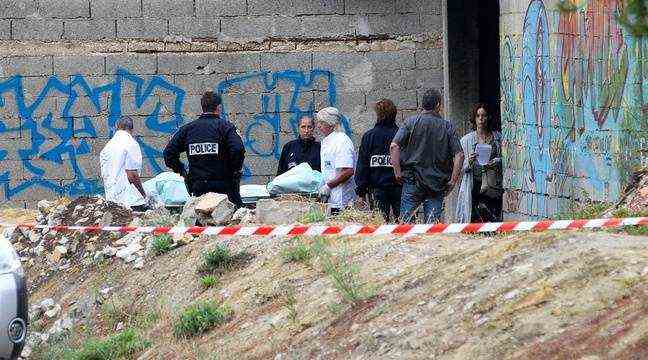La Martine stadium, North district of Marseille, 15th arrondissement on June 25. A soccer match of an inter-neighborhood tournament ends. The popular and family audience has not yet really left the scene when a 32-year-old man, leaving the field, is shot four times in the head. A modus operandi that ticks the boxes of the settling of accounts: “ambush”, “the plurality of authors”, and a victim “known to the police archives”, explains Éric Arella, director of the southern zone of the police judicial. Since this tragic end of the match, the guns have been racing: to this “legality”, six other people were added in just over two weeks, including a young girl of 17, probably the collateral victim of a failed homicide attempt, were killed. The qualification of “settling of accounts”, a police and non-criminal appellation, was retained for five of them, all of which intervened in the northern districts. Such an acceleration, often observed between 2010 and 2016, had not been seen since 2018.
Eight “rules” since the start of the year and uncertainties
“There were three of us since the start of the year and in the past series, we added five”. “On one we can still wonder,” continues Eric Arela without being able to say more. With eight “rules” since the beginning of the year and despite “this surge of fever”, we are not in extraordinary figures, such as the 29 deaths in 2016, relativizes the director of the PJ “without however trivializing”.
“Maybe there will be others quickly, it is quite possible, but maybe there will be no more or not for several weeks without we understand why”, continues- he. All these murders are not directly linked to each other and are not systematically a response to the previous one, but have “a common core”, argues the director of the PJ. It is not the revolution in the community either, he warns.
“Release from prison, young people with long teeth and treason”, mortal triptych
It is currently being resolved “an old dispute” between rival clans, revived by a deadly triptych: “out of prison, young people with long teeth and betrayals”, analyzes Éric Arella. “A dispute which is currently hot and so hot, that it leads to several shootings”. Weak signals pre-existed the current outbreak. Ten days earlier, on the night of June 16, a 20-year-old had managed to escape his attackers, taking refuge in a building in the Cité de la Paternelle, wounded by heavy weapon fire.
It’s hard to know when the current series will end. “It is a period of crisis and for the time being we are suffering, we are making the findings”, regrets Eric Arella. The counterattack of the police services, that carried out at the end of the investigation, will come. Last April, five people were indicted for a triple murder committed four months earlier. “We have cleared up 50% of the settling of scores and have foiled 26 since 2016,” he continues.
The cure for legalization?
In these settling of scores, the southern districts, which nonetheless have imposing complexes like Air Bel, are less affected. This is the case with this series, which takes place only in the north of the city, but the police observe a tendency for understanding between people from the north and people from the south. “This is what we saw when we solved the case of the barbecues at the beginning of the year,” he concludes.
At the beginning of the week was raised by the environmental group newly formed in the municipal council of Marseille, the hypothesis of a “framed legalization” as a remedy for this violence. “That would solve an infinitesimal amount of the problem,” smiles a police source. “It is bad knowledge of the reality of drug trafficking.” The important thing is to break “the dynamic of violence”, commented to the AFP the prefect of police of Bouches-du-Rhône, Frédérique Camilleri, by focusing, in particular on the circulation of weapons.

